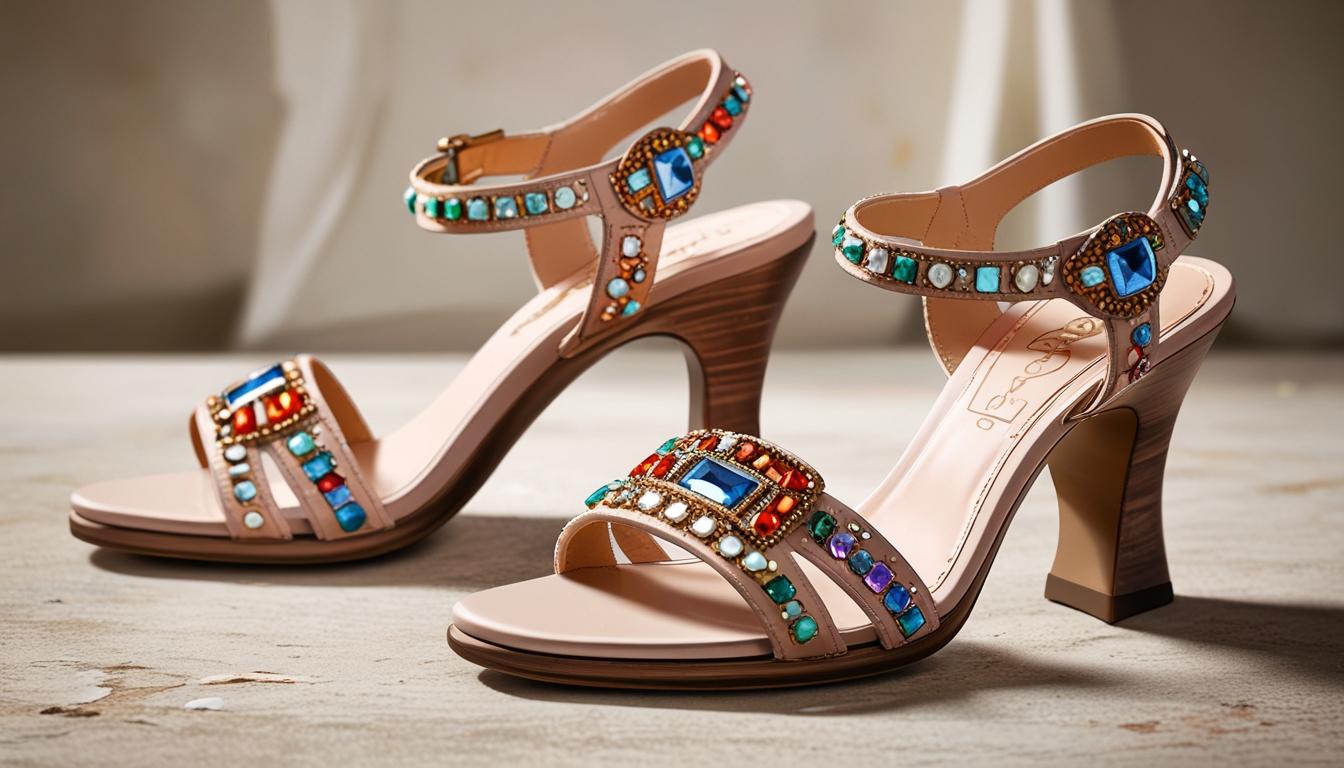Milan: Various European companies are prioritising eco-friendly initiatives within the fashion industry, responding to new regulations and promoting circular fashion. A report by Monitor for Circular Fashion highlights these efforts, detailing achievements and challenges in implementing sustainable practices among 28 member companies, with future innovations expected.
In a concerted effort to promote sustainable practices within the fashion industry, various European companies are prioritising eco-friendly initiatives such as Ecodesign and compliance with an array of new regulations, including the Regulation on Deforestation-Free Products (EUDR) and the Digital Product Passport. This push towards circular fashion and conscious consumption was highlighted in a report presented by the Monitor for Circular Fashion (M4CF) at the annual event titled “Navigating change: ESG roadmaps to circular fashion,” hosted at SDA Bocconi School of Management.
The report, summarised by Francesca Romana Rinaldi, the leader of M4CF, examined the existing sustainability practices of 28 member companies, which collectively achieved a turnover of €34 billion and employ around 123,000 individuals. Rinaldi noted that “the eco-design strategies most frequently adopted by companies include the use of low-impact inputs and non-toxic materials” intended to minimise environmental damage while extending the longevity of products.
Among the strategies detailed in the report was the integration of recycled materials, which serves to reduce waste and foster a circular economy. However, companies face challenges in quantifying the costs and benefits of implementing these solutions due to the evolving nature of applicable legislation. Ecodesign is not only vital for sustainable production but also plays a critical role in biodiversity preservation, with the M4CF identifying climate change, responsible water use, and land preservation as key challenges for future strategies.
The regulatory landscape is further shaped by the recent introduction of the Corporate Sustainability Due Diligence Directive (CSDD), which mandates monitoring production chains and adherence to environmental and social standards. Among the most pressing social risks identified by companies are occupational health and safety, excessive working hours, and wage disparities.
Governance practices reported show that an increasing number of companies are establishing sustainability committees and appointing chief sustainability officers. These roles aim to integrate sustainability more deeply into corporate decision-making. Nevertheless, many organisations still grapple with fully embedding sustainability into their core processes, often treating it as a separate function. Limited budgets and insufficient financial incentives have been highlighted as significant barriers to progress.
Looking to the future, the report envisages a notable increase in the adoption of technologies essential for circularity, particularly artificial intelligence, which is projected to rise by 31% within the next three years. Online platforms dedicated to waste management and traceability are also expected to see considerable growth, with increases of 19% and 12%, respectively.
During the event, the Circular Fashion Manifesto was introduced, reiterating the commitment of the 28 partner companies to enhance transparency and traceability across the fashion supply chain. Notable speakers included representatives from various companies, such as Silvia Mazzanti, sustainability manager at Save The Duck, and Maria Teresa Betti, CSR manager at RadiciGroup.
The upcoming 2024 Manifesto and the 2024/2025 Report will encompass 14 projects, with several new initiatives. One such project, “Think Leather,” launched by HModa in collaboration with Gab Group, aims to repurpose leather remnants from Gab bags into pen holders. Another, “One Next Step,” involves Tod’s Group and Gruppo Mastrotto in designing shoes following ecodesign principles, with 79% of components by weight substituted with alternative materials assessed for their environmental impact through Life Cycle Impact Assessment studies.
Ferragamo’s Traceable Fiamma Bag project focuses on enhancing leather traceability, aiding compliance with forthcoming European regulations concerning deforestation. Additionally, the Kintsugi project, a collaboration among YKK, Save The Duck, and Temera, introduces a repair solution inspired by traditional Japanese restoration techniques, promoting resource conservation in zip production.
Save The Duck has also upgraded its Digital Product Passport, launching a “Click to resell” option to facilitate resale on platforms like eBay specifically in Italy, alongside a “Donate” function allowing old garments to be recycled through Humana People to People Italia. These initiatives underscore the growing trend towards sustainability in fashion, aligning with broader objectives of reducing waste and enhancing product lifecycle management, as reported by The SPIN OFF.
Source: Noah Wire Services




